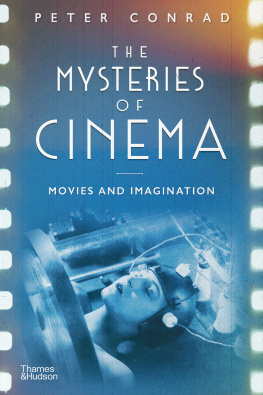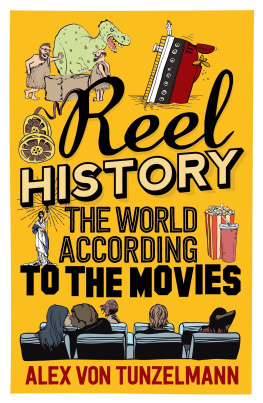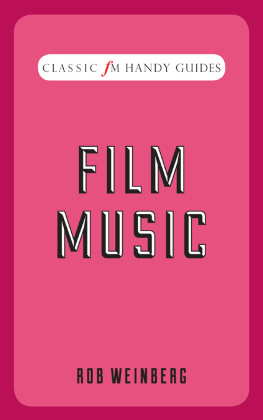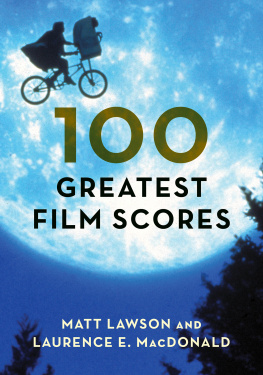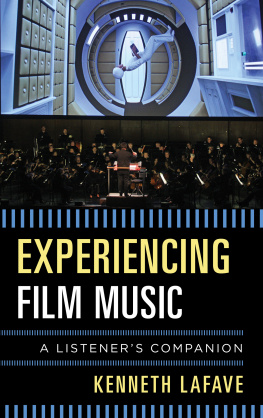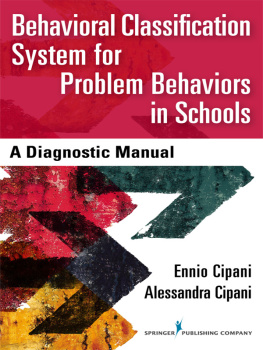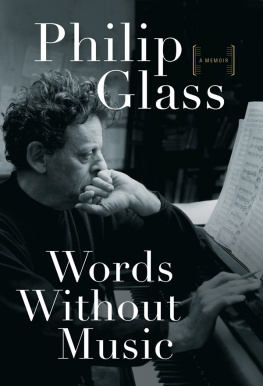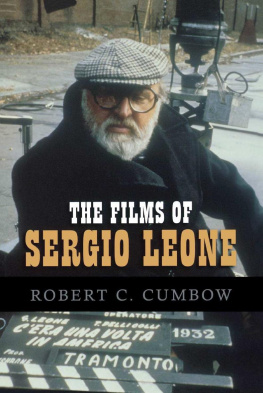Contents
Pagebreaks of the print version
Ennio Morricone

Oxford University Press is a department of the University of Oxford. It furthers the Universitys objective of excellence in research, scholarship,and education by publishing worldwide. Oxford is a registered trade mark of Oxford University Press in the UK and certain other countries.
Published in the United States of America by Oxford University Press
198 Madison Avenue, New York, NY 10016, United States of America.
First published in Italian as Insequendo quel suono: La mia musica, la mia vita. Conversazioni con Alessandro De Rosa Mondadori Libri S.p.A., Milano 2016.
English language translation by Maurizio Corbella Oxford University Press 2019.
All rights reserved. No part of this publication may be reproduced, stored in a retrieval system, or transmitted, in any form or by any means, without the prior permission in writing of Oxford University Press, or as expressly permitted by law, by license, or under terms agreed with the appropriate reproduction rights organization. Inquiries concerning reproduction outside the scope of the above should be sent to the Rights Department, Oxford University Press, at the address above.
You must not circulate this work in any other form
and you must impose this same condition on any acquirer.
Library of Congress Cataloging-in-Publication Data
Names: Morricone, Ennio, interviewee. | De Rosa, Alessandro, 1985 interviewer. | Corbella, Maurizio, translator.
Title: Ennio Morricone : in his own words / Ennio Morricone in conversation with Alessandro De Rosa ; translated from the Italian by Maurizio Corbella.
Other titles: Inseguendo quel suono. English
Description: New York, NY : Oxford University Press, 2019. | Includes bibliographical references and index.
Identifiers: LCCN 2018030334 | ISBN 9780190681012 (cloth : alk. paper) | ISBN 9780190681036 (epub)
Subjects: LCSH: Morricone, EnnioInterviews. | ComposersItalyInterviews. | Film composersItalyInterviews. | Motion picture musicHistory and criticism.
Classification: LCC ML410.M79 A5 2019 | DDC 781.5/42092 [B]dc23
LC record available at https://lccn.loc.gov/2018030334
To my wife, Maria, with love.
My source of inspiration who always gives me courage.
Ennio Morricone
To my parents, Gianfranco and Raffaella, to my brother, Francesco, and to Valentina.
To Boris Porena, Paola Buan, and Fernando Sanchez Amillategui.
To Ennio Morricone.
Alessandro De Rosa
CONTENTS
All the musical examples reproduced in this book are autographs by Ennio Morricone, except for examples 4.1a, 4.1b, and 5.2, which are in Alessandro De Rosas handwriting. The score of Suoni per Dino (ex. 5.1) is excerpted from ditions Salabert, Paris, 1973.
The lyrics of Vita nostra, partially quoted in chapter 5, are by Maria Travia; the unpublished poem Il suono della tua voce is reproduced from Morricones private archive, courtesy of the author.
A playlist of all the music referenced in this book is available on Spotify. To access it, search for Ennio Morricone-Inseguendo quel suono or scan the QR code below:

Additional contents are available on the YouTube channel Ennio Morricone - Inseguendo quel suono as well as on the authors personal websites: www.enniomorricone.org and www.alessandroderosa.com
This book includes a wealth of references to events and figures of Italian cinema, music, and cultural history spanning the aftermath of World War II to the present day. For an international readership, I deemed it necessary to complement the text with a series of endnotes expounding upon the context in which Ennio Morricone has operated for more than seven decades. All the translators endnotes are marked by an asterisk (*). Whenever possible, films are identified by their English distribution title followed by the original title, directors name, and year of the premiere in parentheses; in the event no theater, broadcast, or home theater distribution titles were retrieved, the original title is followed by a literal translation in brackets at the first occurrence. Titles of compositions, songs, and albums are always accompanied by a literal translation in brackets, usually in the main text body, occasionally in the endnotes. Discographic information about all the music pieces mentioned in the text is provided in the endnotes, privileging when possible the US or UK distribution information.
This translation would not have been possible without the input and precious remarks of Gillian B. Anderson. I am thankful to Enrichetta Angelini for her generous advice. Norm Hirschy, Damian Penfold, and Lauralee Yeary were exemplary as to their competence and professional support. I wish to thank Ennio Morricone for making himself available to discuss any questions and Alessandro De Rosa for his constant support throughout the translation process, as well as for his open-mindedness in addressing every aspect of this book with me. I am especially grateful to Christin Ariel Pettibone for assisting me throughout the whole working process and substantively helping me improve the text. I owe Anna K. Windisch much more than gratitude, for her invaluable help, love, and patienceand for going through all of this with me as one. Of course, Naima, this book is for you.
Finally, I wish to dedicate this translation to the dear memory of Sergio Miceli.
Maurizio Corbella
Milan, February 2018
I find it curious to look back on and re-examine my own life through a process of this sort. To be honest, I would never have thought I would end up doing it. Then I met Alessandro: gradually and rather spontaneously this project developed, and I found myself re-establishing connections with parts of my life that were resurfacing bit by bit. I almost didnt realize it as it was happening.
I can now say that I have adopted different views about certain events of my past, those that take place over the course of a lifetime without leaving enough time to ponder them and put them into perspective. Perhaps this long exploration, this intense reflection, has been important and even necessary at this point in my life. Most of all, as I have since discovered, facing my memories has not simply caused me to become melancholic about things that slipped away with time; it has also encouraged me to look ahead, to realize that I am still here to wonder what else may happen.
This is beyond a shadow of a doubt the best book ever written about me, the most authentic, the most detailed and well curated.
The truest.
Ennio Morricone
I first encountered Ennio Morricones music many years ago. I cant exactly remember when, because in 1985, the year I was born, many of his compositions had already been around for a while. I do remember, however, the time I watched Secret of the Sahara (1988) on TV as a child with my parentsit must have been a rerun, as I was certainly older than threeand Buddy Goes West (1981) with Bud Spencer; I also recall a few fragments of the TV series The Octopus (19842001); all of this means that I surely listened to the music of those shows.
I never went to the movie theater at the time.


